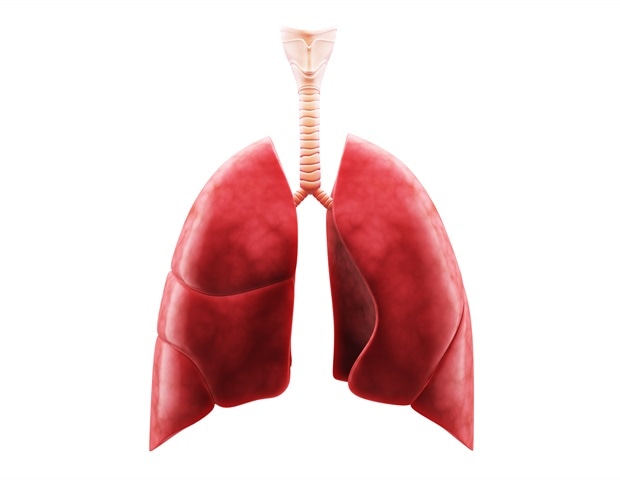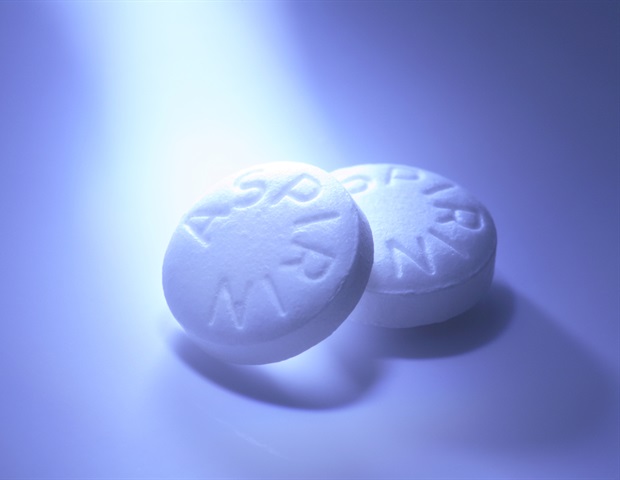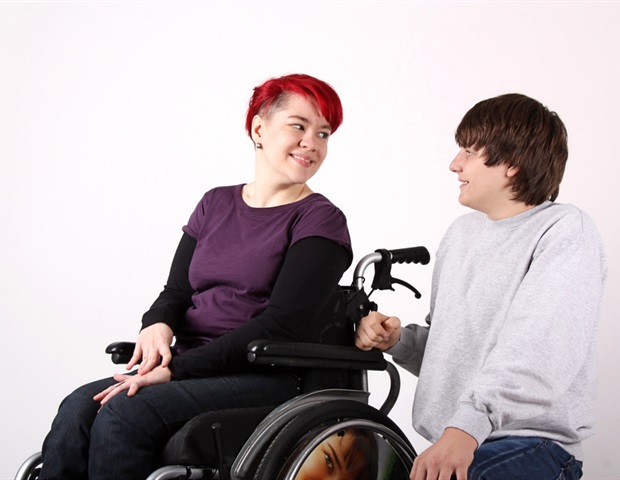In a recent study published in the Viruses journal, researchers assessed the efficiency of flavonols in severe acute respiratory syndrome coronavirus 2 (SARS-CoV-2) inhibition.
While coronavirus disease 2019 (COVID-19) vaccines have immensely curbed SARS-CoV-2 transmission, there is still an urgent need for anti-SARS-CoV-2 compounds. Interestingly, flavonoids, a class of natural polyphenols that are commonly found in vegetables and fruits, are popularly investigated for their potential as a treatment method for various diseases. It is also often utilized as a scaffold during the development of novel drugs.
About the study
In the present study, researchers evaluated seven flavonoids, categorized into three subclasses, flavonols including fisetin, myricetin, kaempferol, and quercetin, flavones including luteolin and apigenin, and isoflavone including genistein for the treatment of COVID-19.
The team screened fisetin, myricetin, kaempferol, quercetin, luteolin, apigenin, and genistein for their capacity to inhibit the replication of SARS-CoV-2 via cell-based assays. Subsequently, according to a study that surveyed all the proteins that played an essential role in SARS-CoV-2 pathogenicity, the team performed molecular docking studies on the SARS-CoV-2 spike (S) glycoprotein having one receptor-binding domain (RBD).
This molecular docking analysis was conducted both in the presence and absence of angiotensin-converting enzyme-2 (ACE-2) since it played an important function in SARS-CoV-2 entry and the papain-like protease (PLpro) and main protease (Mpro) since they were essential in the maturation and cleavage of SARS-CoV-2 polyproteins. For the in silico evaluation of the SARS-CoV-2 ExoN, molecular docking analysis was conducted in two distinct enzymatic 3D structures that differed in the number of cofactor magnesium ions present in the catalytic pocket.
Results
The study results showed that the 50% effective concentration (EC50) values for the flavonols were lower than that of the flavones and isoflavones. Among the flavonols, the EC50 values of myricetin were 0.91 ± 0.05 μM while that of fisetin was 2.03 ± 0.10 μM, suggesting that these two compounds were potential candidates for effective inhibition of SARS-CoV-2 replication. Moreover, the 50% cytotoxic concentration (CC50) for most of the natural products tested was 60 times higher than the corresponding EC50 values. This displayed a selective index (SI) that was consistent with an efficient safety profile, especially for myricetin which had a SI value of 787.
The cell-based assays showed that only genistein decreased the levels of interleukin-6 (IL-6) and tumor necrosis factor-alpha (TNF-α), while the rest of the flavonoids only affected TNF-α. Furthermore, the molecular docking studies showed that the ribonucleic acid (RNA) dependent RNA polymerase (RdRp) which is essential for viral genomic replication, and exoribonuclease (ExoN) which played an important role in genomic proofreading had magnesium ions in their catalytic pockets.
Previous studies have indicated that the biological function of flavonoids might interact with magnesium ions and result in the inhibition of integrase of the human immunodeficiency virus (HIV). This suggested that the SARS-CoV-2 ExoN and RdRp could also be potential targets during in silico evaluation.
Furthermore, docking score values were estimated for all the flavonoids. A more positive docking score indicated better interactions in the cell-based assays. In the present study, the docking score suggested that all the potential targets evaluated could potentially display interactions with the flavonoids. However, the team observed that the docking scores corresponding to the SARS-CoV-2 RdRp, spike, and PLpro proteins were lower than that of the SARS-CoV-2 Mpro and ExoN. This indicated that the Mpro and ExoN proteins could be the main targets for flavonoids.
The team noted that replacing one of the two magnesium ions found in the catalytic site of the ExoN protein improved the binding capacity of the natural products tested. The flavonols including fisetin, myricetin, kaempferol, and quercetin displayed a higher docking score than that for the isoflavone such as genistein, flavones such as luteolin and apigenin, and flavonols such as myricetin and fisetin. Additionally, fisetin and myricetin were the best candidates for the inhibition of SARS-CoV-2 ExoN.
The interactions observed between the SARS-CoV-2 Mpro and the flavonoids displayed a better fit when a substrate was present rather than absent, which suggested a mechanism involving non-competitive inhibition. Out of all the flavonoids tested, myricetin and fisetin displayed the highest docking scores, suggesting that SARS-CoV-2 Mpro could be a feasible target for the two natural products.
Conclusion
The study findings showed that the flavonols fisetin and myricetin proved to be the best candidates for SARS-CoV-2 inhibition and their anti-inflammatory effects. The researchers believe that the economic accessibility of flavonoids could encourage poor populations to cultivate such plants for the subsequent extraction of therapeutic compounds.
Journal reference:
- Chaves, O.A.; Fintelman-Rodrigues, N.; Wang, X.; Sacramento, C.Q.; Temerozo, J.R.; Ferreira, A.C.; Mattos, M.; Pereira-Dutra, F.; Bozza, P.T.; Castro-Faria-Neto, H.C.; Russo, J.J.; Ju, J.; Souza, T.M.L. (2022). Commercially Available Flavonols Are Better SARS-CoV-2 Inhibitors Than Isoflavone and Flavones. Viruses. doi: https://doi.org/10.3390/v14071458 https://www.mdpi.com/1999-4915/14/7/1458













